

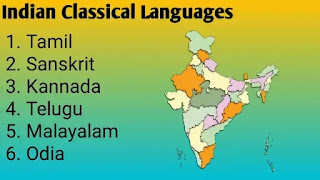
In a move to preserve and celebrate India's diverse cultural heritage, the Union Cabinet has approved the status of classical language to five Indian languages: Marathi, Pali, Prakrit, Assamese, and Bengali. This brings the total number of recognized classical languages to 11, with the government acknowledging their significance in preserving the country's rich history and tradition. Prime Minister Narendra Modi and West Bengal Chief Minister Mamata Banerjee both took to social media to express their delight at this decision, emphasizing the importance of promoting regional languages in India.
India's Five New Classical Languages: Preserving Cultural Heritage
In a significant move to safeguard and celebrate India's diverse linguistic tapestry, the Union Cabinet has designated five Indian languages as classical languages: Marathi, Pali, Prakrit, Assamese, and Bengali. This brings the total number of recognized classical languages in India to 11.
Background
Classical languages are those that have a rich literary history spanning at least 1500 years. They have a standardized grammar and syntax, and their literature is considered to be of high literary and cultural value.
Prior to this decision, six languages had been recognized as classical in India: Sanskrit, Tamil, Kannada, Telugu, Malayalam, and Odia.
Significance of the Designation
The designation as a classical language brings several benefits to these languages:
Top 5 FAQs and Answers
1. What is the significance of classical language status?
Classical language status signifies the language's rich literary history, standardized grammar, and cultural importance. It helps preserve and promote the language.
2. What are the benefits of classical language status?
Benefits include financial support for research, teaching, and literary activities; recognition of the language's historical and cultural significance; and encouragement of its use in public and educational domains.
3. What is the criteria for classical language status?
Languages must have a literary history of at least 1500 years, a standardized grammar and syntax, and a rich collection of literature that is considered to be of high literary and cultural value.
4. How many classical languages are there in India now?
With the addition of these five languages, India now has 11 classical languages: Sanskrit, Tamil, Kannada, Telugu, Malayalam, Odia, Marathi, Pali, Prakrit, Assamese, and Bengali.
5. What is the role of Prime Minister Narendra Modi in promoting classical languages?
Prime Minister Modi has been a strong advocate for the recognition and promotion of regional languages. He has emphasized their importance in preserving India's cultural heritage and fostering national unity.
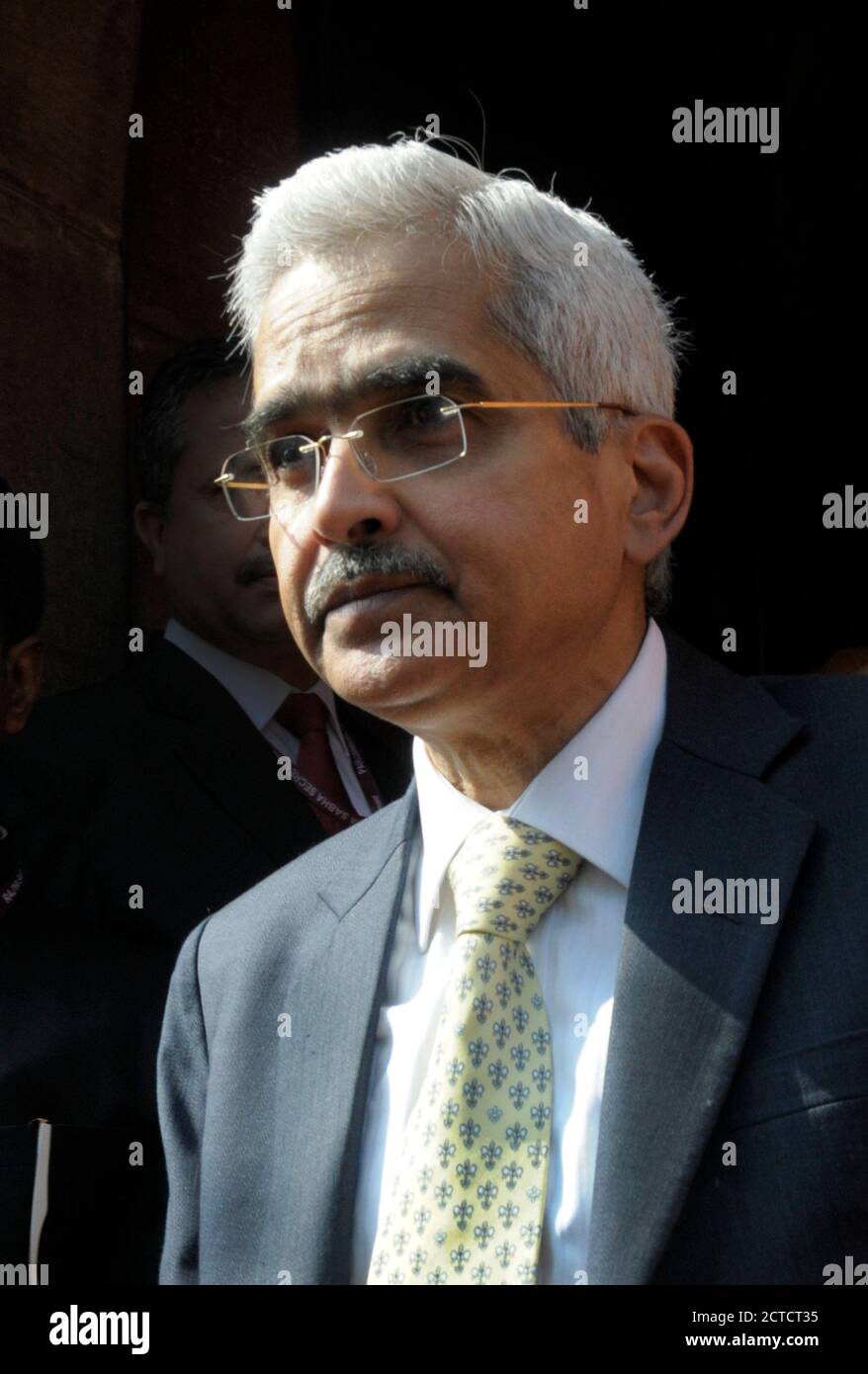
In a move that has sparked attention and speculation, former Reserve Bank of India governor Shaktikanta Das has been appointed as the principal secretary-2 to the prime minister. This high-level bureaucratic change has stirred up discussions on the role of non-political appointees in the Indian government.
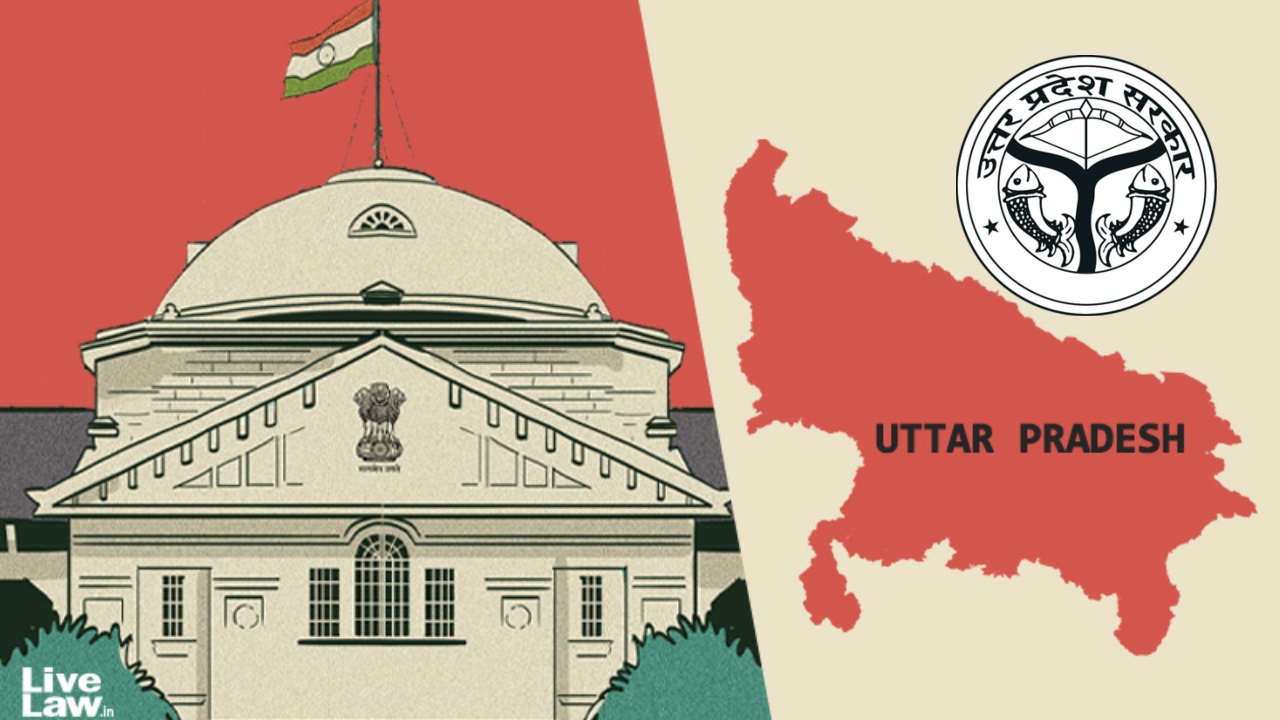
In a crucial move, the Allahabad High Court has directed the Uttar Pradesh authorities to provide an update on the implementation of FASTER (Fast and Secured Transmission of Electronic Records) mechanism in the state. This mechanism aims to efficiently handle the transmission of electronic records, ensuring faster and more secure processes. The directive from the court comes as a step towards streamlining administrative procedures and promoting digital governance.
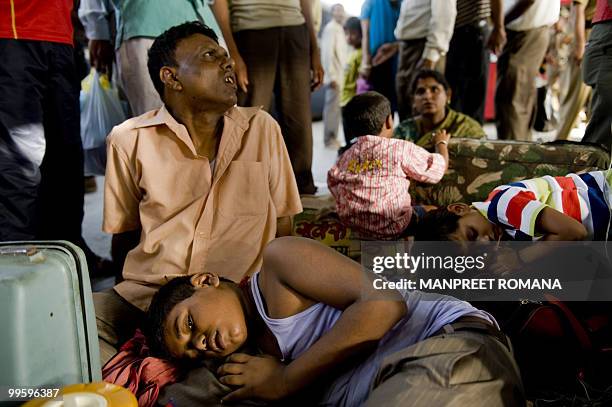
The Ministry of Railways has directed social media platform X to remove photos and videos related to the February 15 stampede at New Delhi Railway Station that disrespect the deceased, outrage women's modesty, and are traumatic for survivors and their relatives. The directive was issued after family members of the stampede victims requested the Ministry to take action. The Ministry has also recently empowered its executive director to issue notices to platforms carrying prohibited information related to railways.

In a fiery speech during a debate on the motion of thanks, BJP chief whip Sanjay Jaiswal targeted Feroze Gandhi, the grandfather of opposition leader Rahul Gandhi, for changing his surname to Gandhi. Jaiswal's remarks have received praise from senior party leaders, who see it as a challenge to the Gandhi dynasty. This comes amid BJP's campaign to connect with regional groups and attract Telugu-speaking voters, with Andhra Pradesh Chief Minister N Chandrababu Naidu's recent meeting in Delhi gaining significant traction. Additionally, the Home Ministry has directed all ministries and government departments to not omit the national motto, 'Satyameva Jayate', when using the State Emblem of India, stating that the emblem is "incomplete" without it.
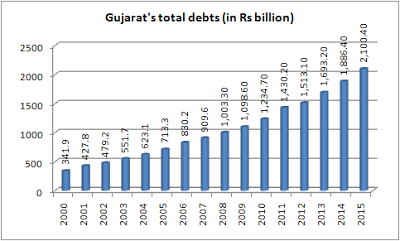
In a written reply to Congress MLAs, Gujarat's Finance Minister Kanubhai Desai stated that the state's public debt stands at over Rs 3.77 lakh crore, with over Rs 48,000 crore paid as interest in the past two years alone. The government has borrowed from financial institutions, market loans, and the central government, drawing criticism from opposition Congress for burdening the people of the state.

The Trump Administration has proposed cutting Title 20 funds, which go towards social safety programs like Meals on Wheels. This move would drastically reduce the nonprofit's budget, potentially leading to a 50% cut in the number of clients they can serve. With a waiting list of 300 people and growing, this decision could have devastating consequences for the elderly and infirm who depend on Meals on Wheels for low-cost meals and essential services. Meals on Wheels Plus in Abilene is just one of the many programs at risk of losing critical funding, leaving them in a precarious financial position.

The latest controversy surrounding a popular digital show in India, India's Got Latent, has brought to light important discussions about the line between comedy and responsibility on the internet. Host Ranveer Allahbadia's remarks have caused a nationwide debate, with individuals from all walks of life speaking out about the incident. While some have questioned the rapid escalation of the issue, others have drawn attention to the larger context of hate speech and its consequences. Politician Priyanka Chaturvedi strongly emphasized the need for responsible use of platform and plans to formally address the issue.
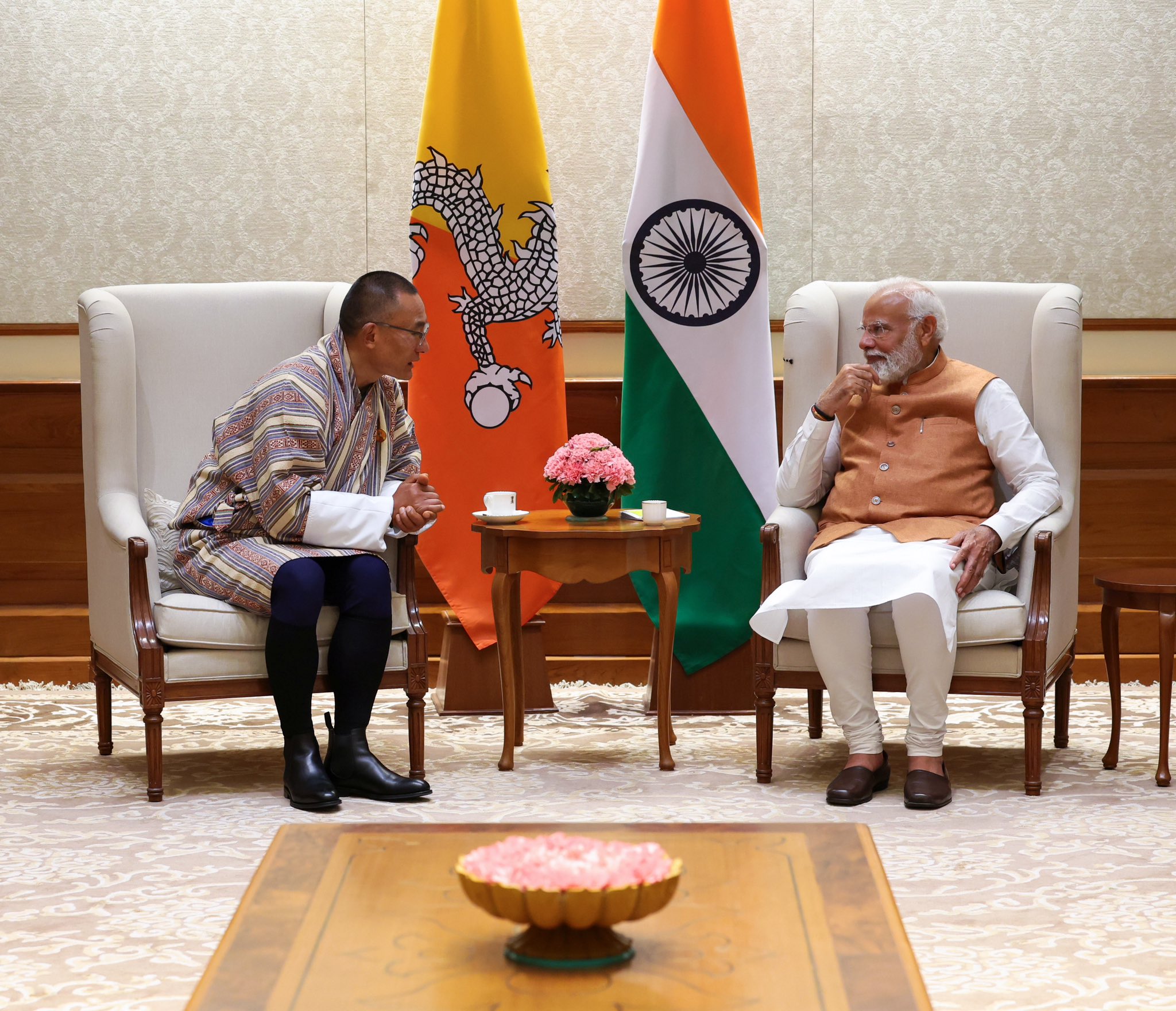
Prime Minister Narendra Modi and Bhutan's Prime Minister Tshering Tobgay joined forces at the School of Ultimate Leadership (SOUL) Leadership Conclave to discuss the importance of authentic leadership in today's world. Modi's unwavering commitment to nurturing leaders from various fields was praised by Tobgay, who referred to him as an "elder brother" and a mentor. The two-day event, which brings together leaders from different domains, aims to inspire young audiences by sharing experiences of both successes and failures in leadership.
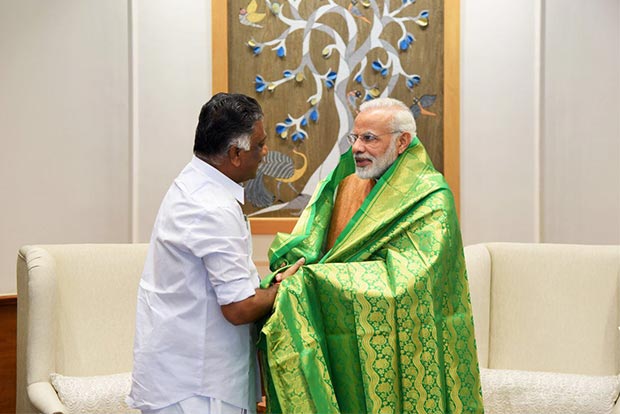
Tamil Nadu Deputy Chief Minister Udhayanidhi Stalin has warned the Centre against implementing the National Education Policy (NEP) in the state, stating that the people of Tamil Nadu will launch a 'Get out Modi' campaign if their rights are snatched away. He also demanded the immediate release of funds for the education department and appealed to the opposition AIADMK to join the ruling DMK in protesting against the NEP. This has raised concerns over a potential language war in the state, impacting the future of Tamil children.
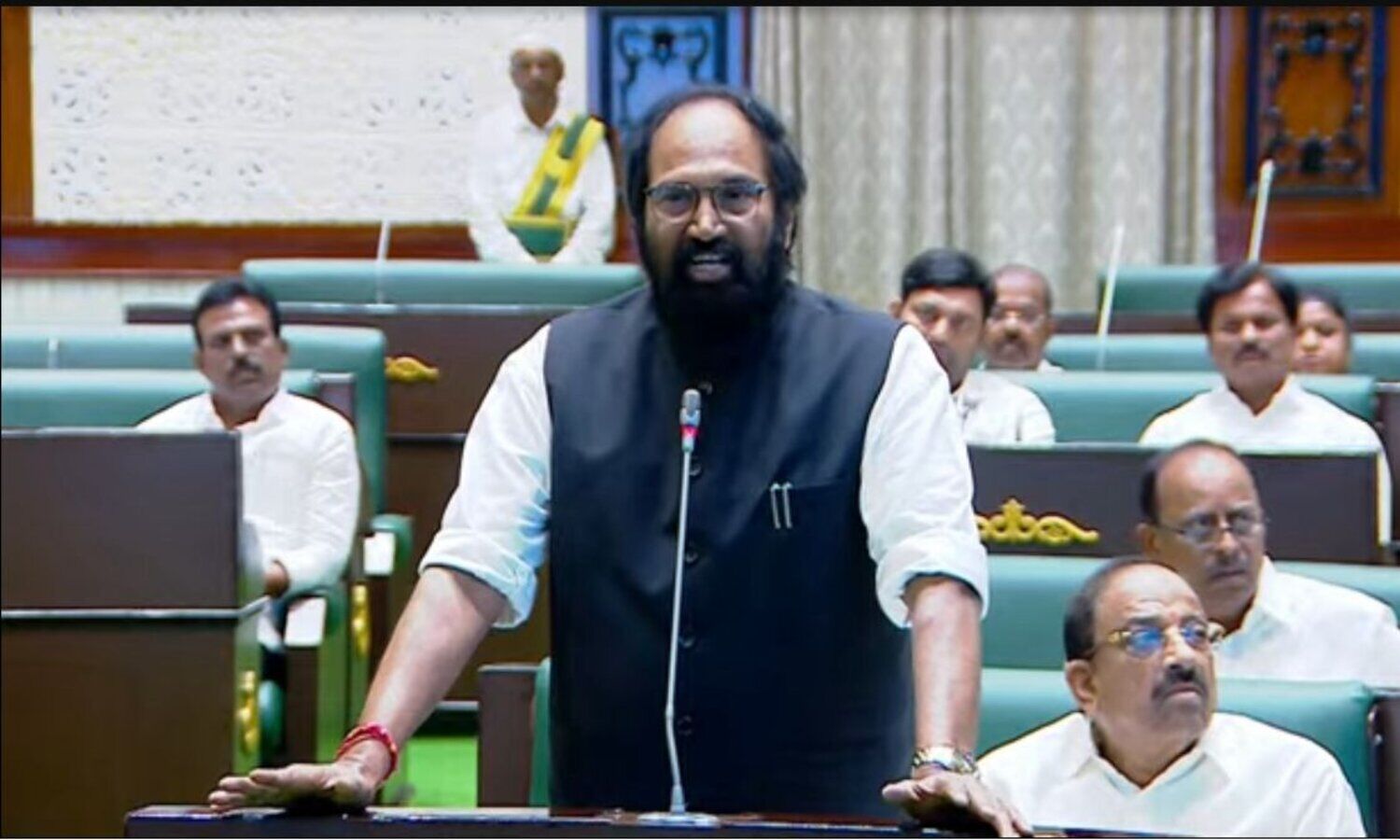
Telangana's Irrigation Minister N Uttam Kumar Reddy has called out the Telangana Rashtriya Samiti (BRS) for disseminating false information to the public regarding the sharing of Krishna river water with Andhra Pradesh. Reddy accused the former irrigation minister and BRS leader T. Harish Rao of trying to discredit the Congress government instead of taking responsibility for their own failures. Data from the Krishna River Management Board also showed a consistent imbalance in water usage between the two states, with Andhra Pradesh using over 60% of the water while Telangana's share remained below 36%. The negligence of the BRS government in addressing this issue has resulted in delays for crucial irrigation projects and water shortages for farmers in Mahbubnagar, Nalgonda, and Rangareddy districts.